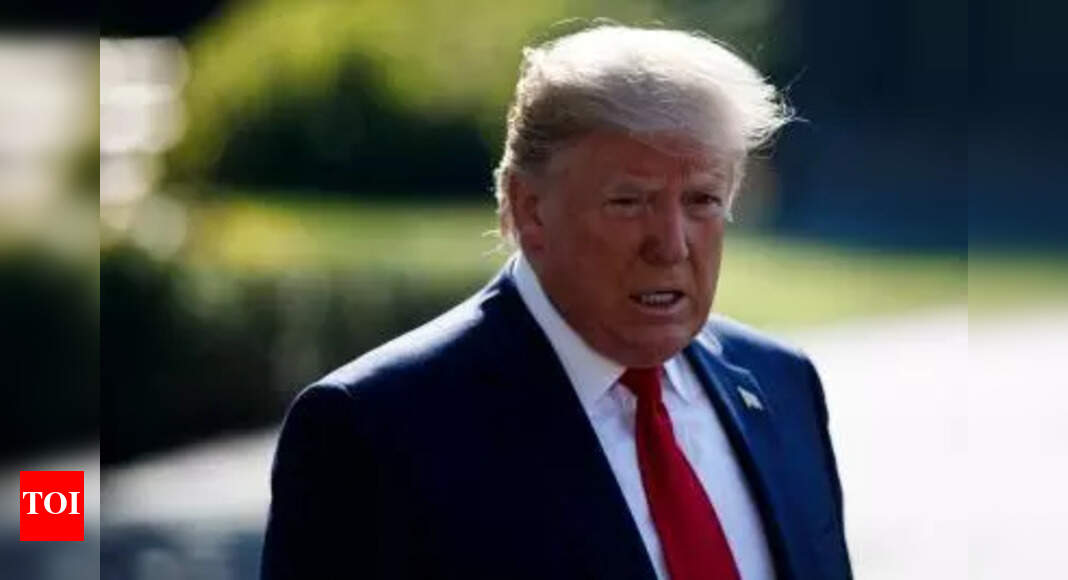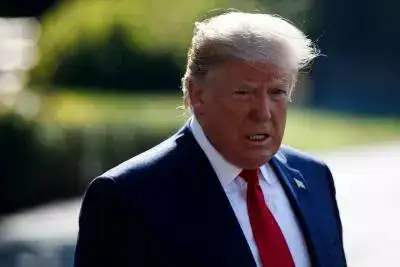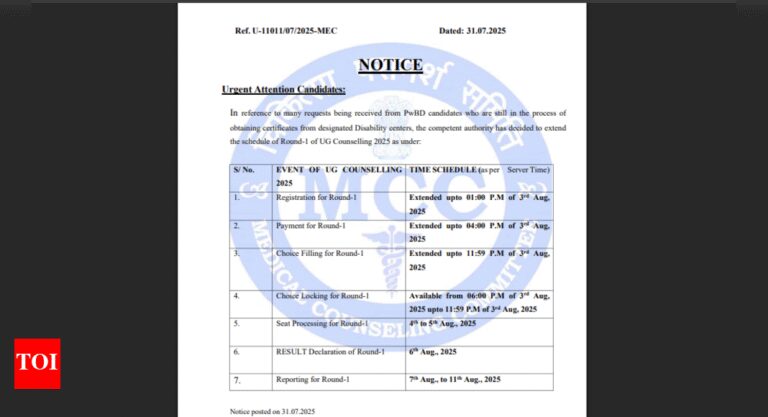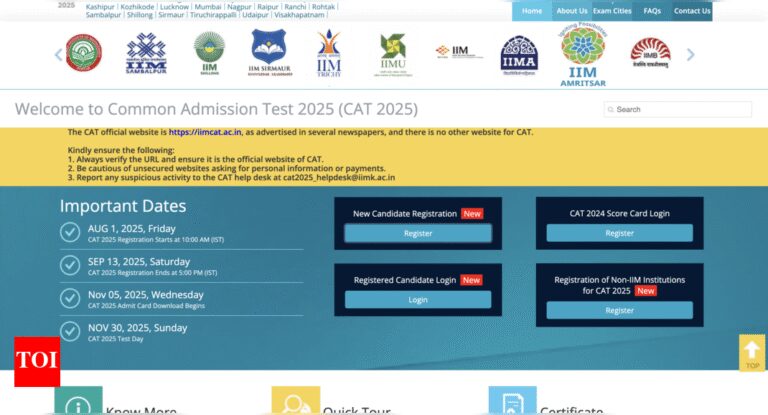
The Trump administration temporarily halted billions of dollars in research funding from the National Institutes of Health (NIH), affecting scientific projects across the United States. The funds were later restored on the same day following intervention from senior White House officials, according to multiple federal sources and internal emails reviewed by The Washington Post and The Wall Street Journal.The pause stemmed from a budgetary directive issued by the Office of Management and Budget (OMB), which included a footnote limiting how the NIH could use its congressionally approved funding. The directive initially restricted the NIH to spend its budget solely on salaries and operating expenses, preventing it from issuing or renewing research grants.Budget footnote triggers temporary funding freezeAccording to an email obtained by The Washington Post, Neil Shapiro, associate director for budget at the NIH, informed staff that the OMB had given the agency its “full-year apportionment” but included a footnote that narrowed the scope of allowable expenditures. The document stated that funding for the rest of the fiscal year could only be allocated to “personnel compensation and benefits,” halting financial support to external scientific researchers.As reported by The Wall Street Journal, this pause in funding impacted billions of dollars used to support research on major health issues such as cancer and diabetes. Most NIH-funded research is conducted by external scientists working at universities and laboratories across the country.Funding restored after White House interventionThe temporary freeze was reversed later in the day, following intervention from senior officials within the Trump administration. People familiar with the matter told The Wall Street Journal that the original restriction was withdrawn and the funding was allowed to proceed.Although no official explanation was provided publicly by the White House at the time of the reversal, federal officials confirmed that NIH’s research grants could resume as planned.Widespread impact on US research institutionsThe funding pause caused concern within the US scientific community, particularly because the NIH distributes the majority of its budget—amounting to tens of billions of dollars annually—to external researchers. These grants are crucial for advancing research into pressing public health challenges.NIH officials have not commented further on whether similar restrictions may be applied again. The agency continues to operate under guidance from the OMB, which oversees the allocation of federal spending across US agencies.TOI Education is on WhatsApp now. Follow us here.








